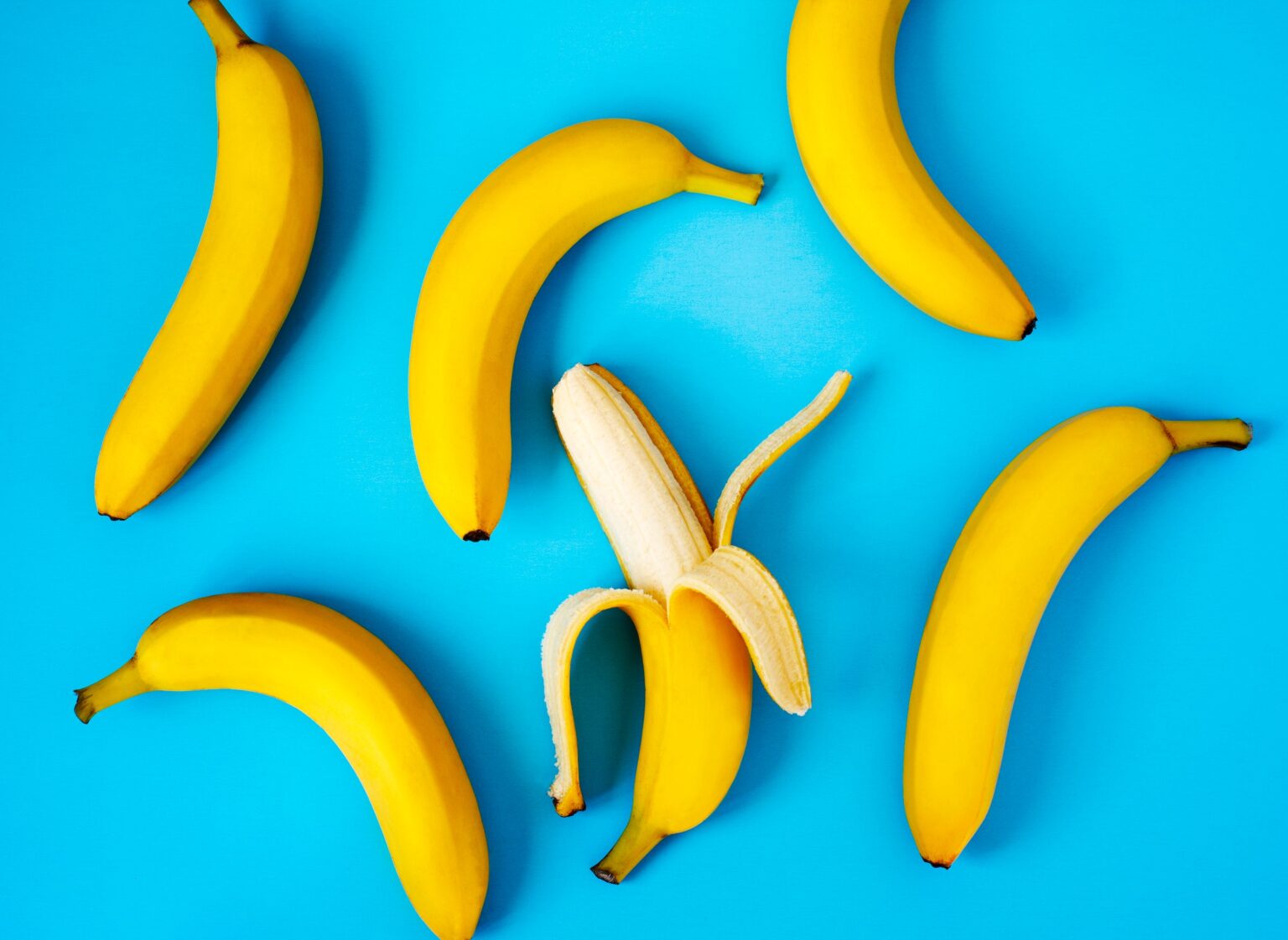Mastering Your Marathon Fueling Strategy
As the excitement of marathon season unfolds, it’s crucial to focus on a reliable fueling strategy to successfully navigate the challenging 26.2 miles. Running on adrenaline alone won’t suffice; proper nutrition is essential for peak performance. This guide provides practical tips from registered dietitians to help you develop a personalized marathon nutrition plan that works for you.
The Importance of Personalization in Marathon Nutrition
Every marathon runner has unique nutritional needs. What works for one athlete may not work for another. Therefore, creating a tailored marathon nutrition plan is vital. During training, it’s important to experiment with various foods, drinks, and snacks to determine what suits your body best. Always adhere to the golden rule: avoid trying anything new on race day as familiarity breeds confidence and reduces the risk of digestive issues.
Pre-Race Nutrition: Getting It Right
Your breakfast for race day should mirror your training routine; don’t make last-minute changes. Depending on the race start time, ensure you wake early enough to eat, digest, and hydrate adequately. Carbohydrates should dominate your pre-race meal as they provide the quickest source of energy. A general guideline is to consume a maximum of 1 gram of carbohydrates per kilogram of body weight two hours before the race. For instance, if you weigh 75 kg (165 pounds), aim for approximately 150 grams of carbohydrates.
Fueling Strategies During the Race
Have a clear fueling strategy mapped out prior to race day. Familiarize yourself with the nutrition supplements offered along the course; consider training with these brands if you prefer not to carry additional fuel. Athletes should strive for an intake of 30 to 60 grams of carbohydrates every hour. Remember, not all electrolyte beverages contain sufficient carbohydrates, so it’s essential to include them in your fueling strategy. Hydration plays a crucial role, but relying solely on water can lead to overhydration and hinder performance.
Options: Gels, Chews, and Real Food
A variety of nutritional options exist for endurance athletes, including gels, chews, and real food alternatives. If you opt for real food, such as dried fruits or energy bites, practice consuming them during your training runs to adapt your body gradually. Innovative athletes like Pamela Kikosewin-Holden utilize dates and homemade sports drinks, choosing a combination of solid and liquid nutrition throughout the race. The key is to find what works best for you through extensive practice.
Post-Race Recovery Nutrition
After completing your marathon, prioritize a balanced meal consisting of carbohydrates and protein within 30 to 60 minutes. Fruits like bananas or oranges are excellent choices due to their high potassium content, which aids in replenishing electrolytes. Combining carbohydrates with proteins—ideally in a ratio of 3:1 or 4:1—will assist in recovering energy stores and repairing muscle tissue. Consider options such as chocolate milk, smoothies, or a classic PB&J sandwich for a quick post-race snack.
Conclusion: The Vital Role of Nutrition in Marathon Success
In conclusion, the path to marathon success is paved with an intentional focus on nutrition. By developing a solid pre-race fueling strategy and experimenting with different foods and beverages during your training runs, you can create a personalized plan that helps you avoid hitting the dreaded “wall.” If this is your first marathon, remember that a well-thought-out nutrition plan can significantly enhance your performance. For more insights on fueling strategies, check out How to Fuel Long Runs with Real Food and Understanding Glycogen, Your Body’s High-Performance Fuel.
